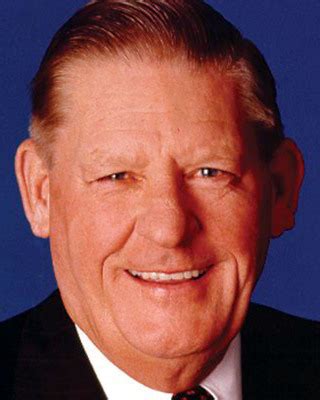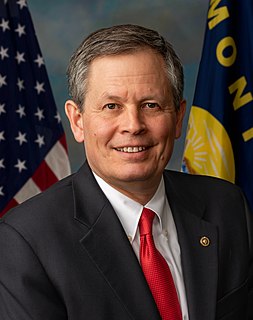A Quote by Alan Dershowitz
I never had a strategy about my life. I didn't have enough information to have a strategy. I'm the first person in my family to go to college. I had no family mentors.
Related Quotes
The ticket out of the Depression was an education, a college degree. It really didn't matter if you knew anything. You just had to have the degree. My dad, up until the last two years of his life, thought he had failed miserably with me 'cause I didn't go to college. I mean, you've seen postgame interviews with the star of the game and the players always talk about how proud his parents are because he's the first guy in his family ever to attend college. I'm the first in my family not to! I'm the first of my family not to have a degree. It's thrown everybody for a loop.
People sometimes talk about me as being a brand, having a strategy and whatever else. I wish. Seriously. I wish I had it together enough to have a strategy. But it's so instinctual. It usually comes down to two things: the person I'm working with - the director is really important to me - and a line in a script.
I'm a product of state schools. I had a working-class family. We had no books. I was the first to go to college. But I didn't really think about it, or about making money. I was just going to be an artist, and I've been fortunate. I've never had to work for anybody nor have I had to write for money. Maybe that's another reason that I've been able to be productive. I haven't had to use my writing to make a living.
Early on, I settled on the first-person strategy as a way to deal with exposition and world-description issues. As long as the book is, it could have been far longer had I gone with an omniscient third-person narrator, or multiple point-of-view characters, since either of those would have enabled me to impart much more detailed information about the history and geography of the world.
You can talk all you want about having a clear purpose and strategy for your life, but ultimately this means nothing if you are not investing the resources you have in a way that is consistent with your strategy. In the end, a strategy is nothing but good intentions unless it's effectively implemented.
My aunt Geraldine was the unofficial historian and storyteller. She had all the information about family members and the gossip that came out of the church because we were very much part of the African Methodist Episcopal Zion Church. At family gatherings, the older folk had the floor, had pride of place, and it was their stories I remember.
One of our ancestors came over on the Mayflower, and we had family in Jamestown as well... I was raised where service was a part of the fabric of life. It wasn't one-upmanship. No one bragged about their medals, but you could see the look in the eyes, the tip of the hat. You served your country first, then you went to work and had a family.




































